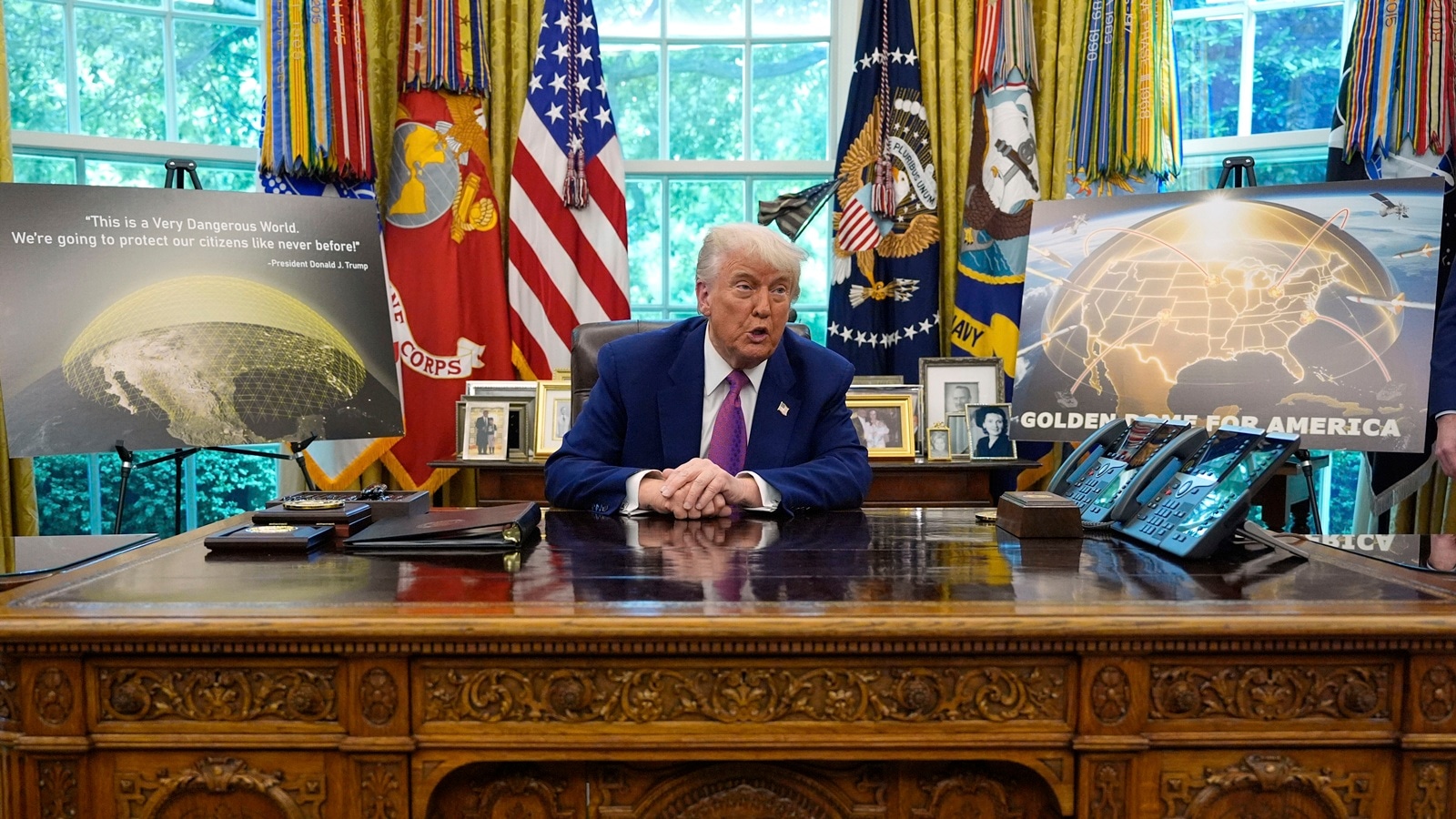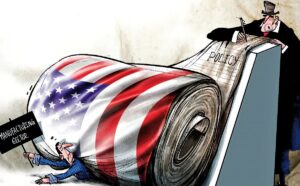Advertisement
There will always be significant debate over how to quantify soft power. Rooted in the strength of ideas, it cannot be measured in the same way as hard power. Still, some states possess more of it than others. The Soft Power 30, for example, ranked France number one in 2019, stating it is “unrivalled in its memberships to multilateral and international organisations, and has the highest number of diplomatic cultural missions via its extensive Alliance Française network.”
Nations invested in soft power to gain influence even before the term existed. Hollywood has contributed significantly to shaping the idea of the American dream and way of life, playing a pivotal role in making the United States one of the most coveted destinations for those seeking a better life. Following Trump’s 2016 election victory, however, Nye argued that the US’s soft power would decline, a trend that has continued in his current term. Trump’s quest to “Make America Great Again” has eroded much of the appeal the US once held for the world. His Department of Government Efficiency (DOGE), cuts to USAID funding, and raids on the United States Institute of Peace (USIP) are just some examples of this administration’s disregard for soft power.
Beijing has long been aware of the allure of American soft power. Many Chinese students and citizens still prefer to move to the US. Despite decades of development and growth under the Chinese Communist Party (CCP), China’s global appeal still trails behind that of the US. In response, Beijing has invested heavily in promoting its own soft power through initiatives such as Confucius Institutes and social media platforms. Yet, despite its impressive economic growth, much of the world still struggles to understand and relate to Chinese society. In contrast, soft power is what fosters global trust in Japanese and South Korean products, rather than Chinese ones.
In an increasingly fragmented and conflict-ridden world, Nye’s concept of soft power remains both relevant and contested. While its intangible nature makes it difficult to quantify, its influence is visible in the enduring appeal of cultural narratives, values, and diplomacy. Despite the renewed dominance of hard power politics, soft power will continue to shape global perceptions and aspirations to some extent. The question is not whether soft power matters, but how to wield it effectively in an era where trust, credibility, and cultural resonance are in short supply. While it is hard power that safeguards state sovereignty and security, it is soft power that shapes narratives of growth, security, and international stature.
The writer is Associate Professor, O P Jindal University













